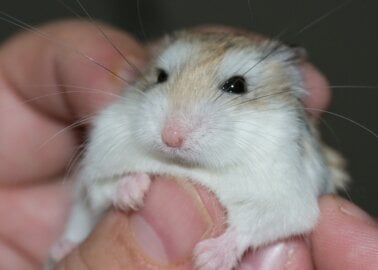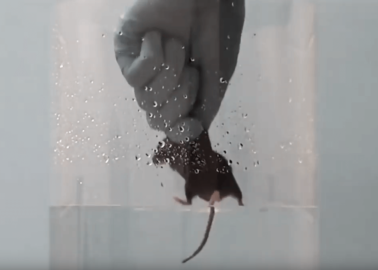Saving Animals – With Science
For more than a decade, scientists from PETA US, and more recently PETA UK, have been showing the world that compassion and good research go hand in hand by providing expertise on modern, reliable, non-animal research and testing methods to organisations such as the EU. Now PETA UK, PETA US and their Asian and European affiliates are ramping it up to the next level by forming a pioneering consortium that combines their scientific resources.

The PETA International Science Consortium (PETA-ISC), Ltd, will work with industry, private research facilities and regulatory bodies on developing strategies to promote and implement non-animal research methods at the national and international level. PETA-ISC will also fund the research and development of non-animal methods and has just been accepted as an accredited stakeholder at the European Chemicals Agency (ECHA), which oversees the largest chemical test program in the world, REACH.
If all that sounds a bit technical, the upshot for animals is this – PETA-ISC will now be able to take on the unethical industries that perform experiments on animals at the highest levels. The fact that PETA-ISC has received accreditation from the ECHA means that its voice of compassion will be guaranteed a seat at the table in order to advocate that cruel tests in which animals have corrosive chemicals smeared onto their skin or are force-fed toxic drugs are replaced with humane alternatives at every opportunity.
While our celeb ads grab headlines, many people don’t realise that PETA and its international affiliates collectively employ more scientists than any other animal-protection organisations. We’re very serious about tackling cruel experiments on animals, and with the formation of PETA-ISC, we know even more can be done to make it happen!
By influencing national and international testing regulations and guidelines, PETA-ISC will help countries around the world shift more quickly to modern, humane science. And that means saving animals sooner from torture and misery in laboratories – something that scientists and non-scientists alike can get behind.



